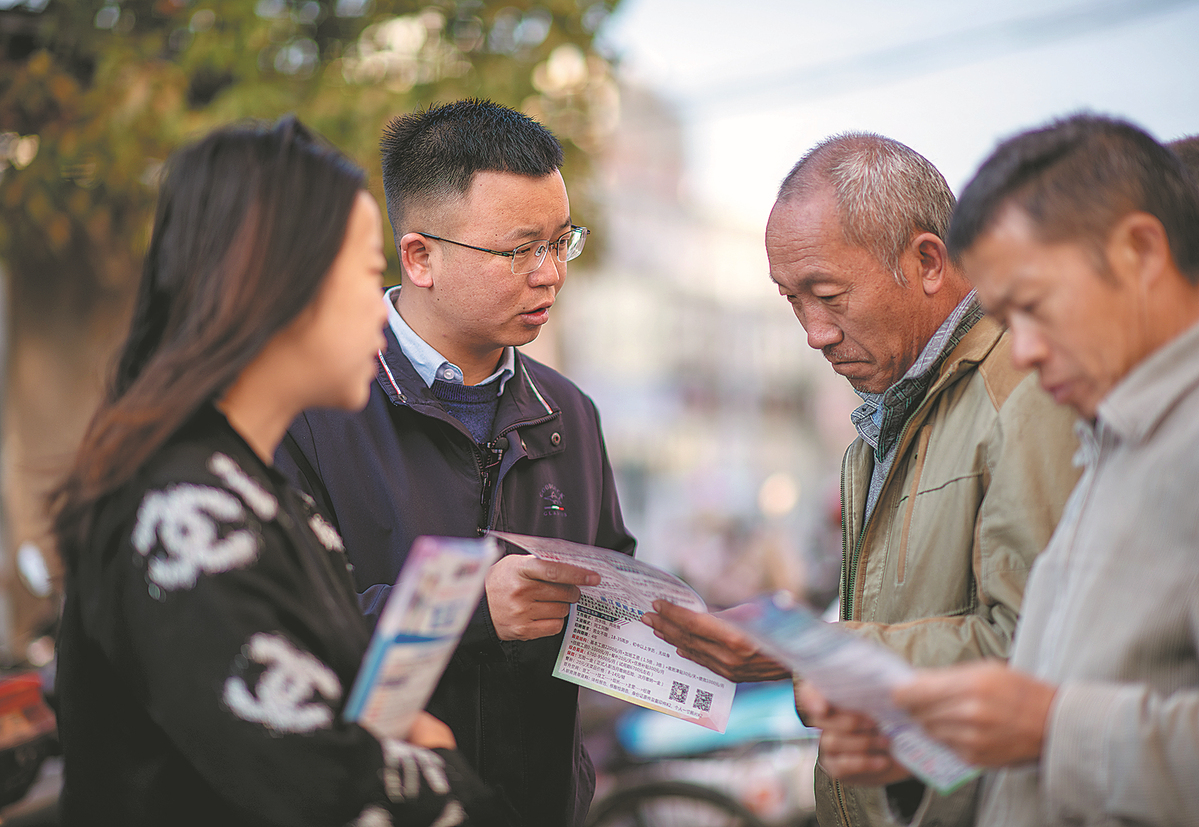Whole-process democracy drives two sessions


Seeking broad consensus
The deputies to the 14th NPC make up a broad cross section of people, with every region, ethnic group and sector of society having an appropriate number of representatives. Of the 2,977 deputies, 497 are workers and farmers, and the number of deputies from the primary level in the total is considerable.
The two sessions reveal much about China's democratic model that, compared with the West's, weighs the representativeness of the Chinese people, according to an article published on the website of Canal 6 Television in Mexico.
In China, electoral democracy and consultative democracy are advanced in a coordinated manner. The extensive, multilevel and institutionalized development of consultative democracy boasts many channels, which can achieve the greatest possible convergence of interests.
The 14th CPPCC National Committee has set up a new group for members from environmental and resource-related circles. The move will give full play to the CPPCC's role as a specialized consultative body, and is conducive to strengthening democratic oversight and advancing ecological conservation.
Setting up the new group is "a robust measure to advance the modernization of harmony between humanity and nature, which is one of the five features of Chinese modernization", said Pan Biling, a national political adviser and president of Xiangtan University in Hunan.
The handling of suggestions and proposals made by national lawmakers and political advisers embodies the effectiveness of China's democracy. Last year, offices and departments at the State Council, China's Cabinet, handled 8,721 suggestions from NPC deputies and 5,865 proposals submitted by CPPCC National Committee members, accounting for 94.8 percent and 95 percent of the total number of suggestions and proposals, respectively.
Meanwhile, dynamic and pragmatic consultations in various forms at the grassroots level contribute to good governance.
At a consultation early this year in a community in Hengshui, a city in North China's Hebei province, residents raised such problems as leaks in the roofs of storage rooms and a lack of fitness facilities.
"Such things may seem trivial, but they are related to people's sense of happiness," said Wang Lansuo, a retired worker. "Here everyone speaks openly to resolve the issues through discussion."


















